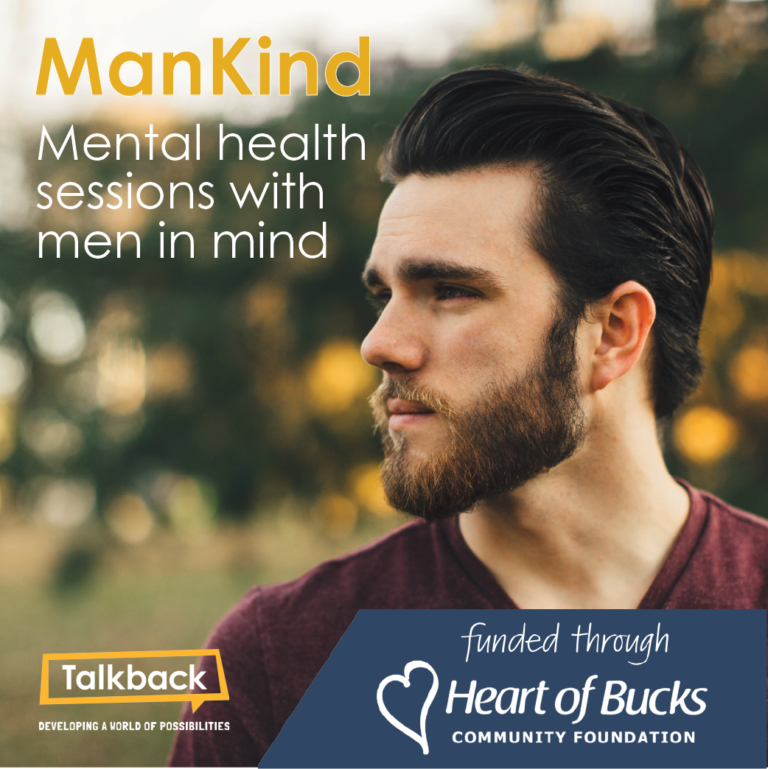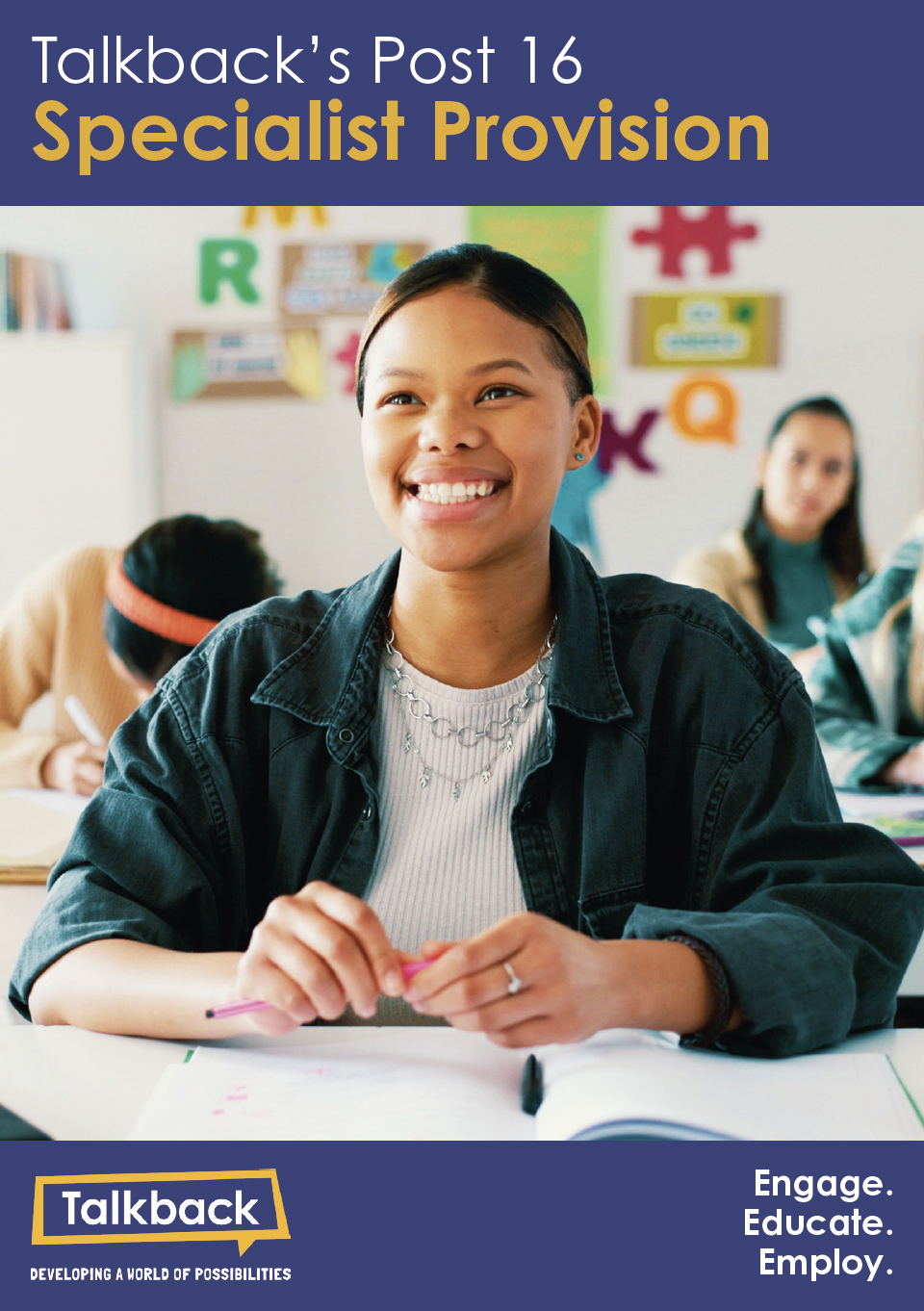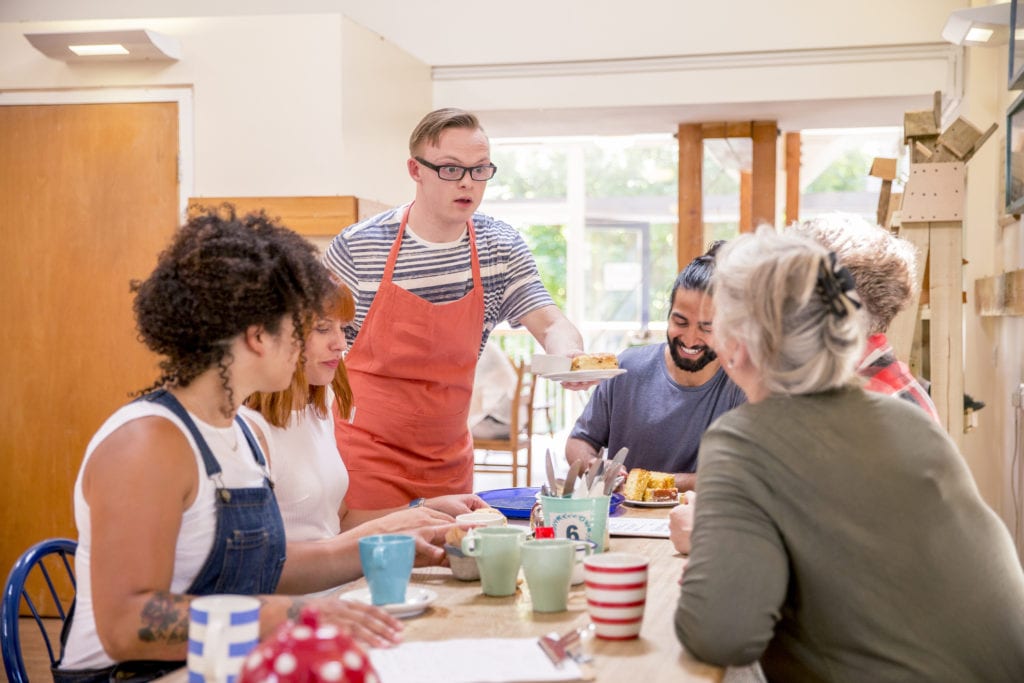These sessions provide a safe space for men to learn about their emotions and talk openly about their feelings. These sessions are quite literally, lifesaving.
Warning the following text contains references to suicide.
According to the Mental Health Foundation, approximately 1-in-8 men have a common mental health problem such as anxiety, stress, or depression. When left unattended, these problems can worsen and be detrimental to those affected.
We also know that the analysis of data, from nearly 50,000 autistic and possibly autistic participants in 36 primary studies, has revealed that autistic people are between four and nine times more likely to have suicidal thoughts, or to attempt or commit suicide, than the general population. (Stats from BioMed Central) It can also be difficult for autistic people to realise they need help, as they can assume that the way they are feeling is ‘just the way they are’ and struggle to find another way of rationalising their emotions.
When we set up ManKind, it was with the express intention of reaching out to autistic men or those with learning disabilities to give them a space to talk about their mental health. Initially, we planned to deliver these sessions in a group setting but we found that people were unlikely to want to speak in front of a large group about the problems they were facing. Being in an unfamiliar environment and around new people was also likely to cause undue anxiety.
Therefore, we decided to deliver our ManKind in four supported living homes to engage with small groups of men in their own familiar living environments. Those we supported have greatly benefited from these fortnightly sessions.
The main areas we cover in our sessions include:
- Emotional literacy.
- Triggers and how to help ourselves.
- Wellbeing.
- Skills and strengths.
- Self-regulation.
We would like to talk in more detail about the impact ManKind has had on two of the people we worked with who we have called Joe and Liam to protect their identity.
Joe’s story
When we met Joe, he had an extremely negative view of himself. So, we focussed on his strengths, celebrating his ‘uniqueness’ and what he is good at. From this he has become more receptive to receiving compliments and we have also made an impact on the staff, in the home where he lives, as they have also begun to celebrate Joe’s strengths.
We have worked on strategies to help Joe self-regulate as he finds this difficult and at times can become violent.
He now recognises that breathing and going for walks are things he can now do to help him stay calm. As he said:
“It’s been alright, (which for Joe means very good!) – Talkback made us welcome in the sessions.”
Liam’s story
Liam has also truly enjoyed our sessions, initially he did not respond well to the way we delivered the sessions where we were using breathing and PowerPoints as prompts, so we adapted the sessions to be more focussed on conversation. Since then, Liam has attended each session and looks forward to each one.
Liam’s biggest success from ManKind is that he is now trying new things to improve his wellbeing. Before we attended, his main hobby was playing on his iPad. He now goes bird watching and has recently started college as he recognised a skill, he wanted to develop, was computers, which we had discussed back in July!
Liam said: “I liked them (the sessions). They’ve helped me think about going to college, without Talkback I wouldn’t of decided to go to college. Before that session I thought talking about my strengths was about my muscles!
“The red dice story game was really fun, where we got creative. I liked rolling the normal dice so we could speak about ourselves. I’ve had some great fun with you here and I’m really going to miss it.”
Our ManKind sessions are run within supported living accommodation for individuals who have been identified as needing this support. If you would like to find out more about ManKind email sue.pigott@talkback-uk.com
We are now looking to run further sessions in other supported living homes. Do get in touch to talk to us.





